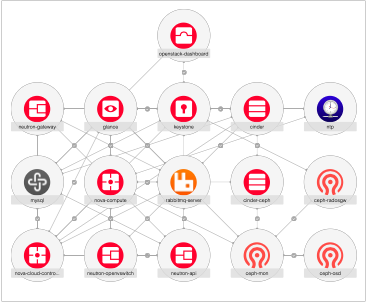lookin for anyone who has been able to get OctoPrint up and running in a VM on FreeNAS.
OctoPrint has no installer, generally just dump an image and run off it on an sd card. How can this be replicated to a VM along with passing through a USB port.
Has anyone had any luck with this?
Correction, the OctoPi image for Raspberry Pi has no installer. There are instructions for installing OctoPrint itself on different platforms. Look to the documentation first.
Also search the forum for the Docker image(s) that are in use. They seem to work pretty well; I've tested one and it seems to work.
That said, I wonder why you'd want to co-mix disparate projects on the same computer. I want my 3D printer to produce accurate prints (without worrying that something else going on is stealing processing power). The < $50 price tag for a dedicated Raspberry Pi 3B seems like a small price to pay for the task.
Thanks for the correction
I have a handful of raspberry pi's I can dedicate to this, that's not the issue. I (like most tinkerer's) want to tinker with putting it on my NAS box as I've done with a few other things that ran on a pi. It's a fairly decent system, the VM (or docker) would be = or better than a pi and it saves me a spot on my outlet. I'm already overloaded lol
I'm not familiar with Dockers. I'll look and educate myself before I say something dumb
I've worked in I.T. literally forever. Docker is "the new black".
I would imagine that VMs will be gone in ten years, completely replaced by Docker images. The underlying technology under Docker is the Linux Container (LXC) as seen in Ubuntu MaaS's implementation of OpenStack. I once took thirty recycled Dell Vostro 200 computers and built a private cloud with them for no purpose other than to see if I could.
Imagine running one Juju bundle and each of those icons below is a separate LXC as created as separate components on one of four of those computers each turned into cluster nodes and available for provisioning. It takes about twenty minutes' running time but the components are provisioned from these pre-canned images. At the end of all this, you have something that works just like openshift.com for spinning up servers and S3 buckets in the cloud.

In short, LXCs (Docker) is the technology that will be worth something in the future as a skillset to possess.
2 Likes
